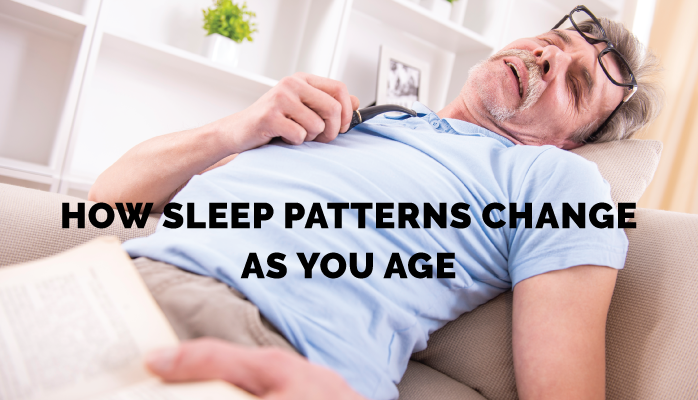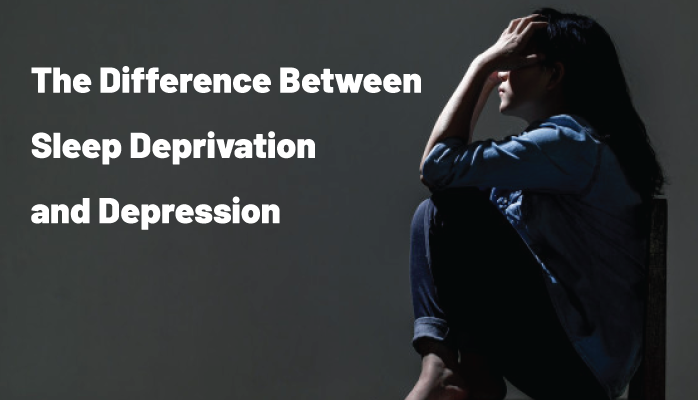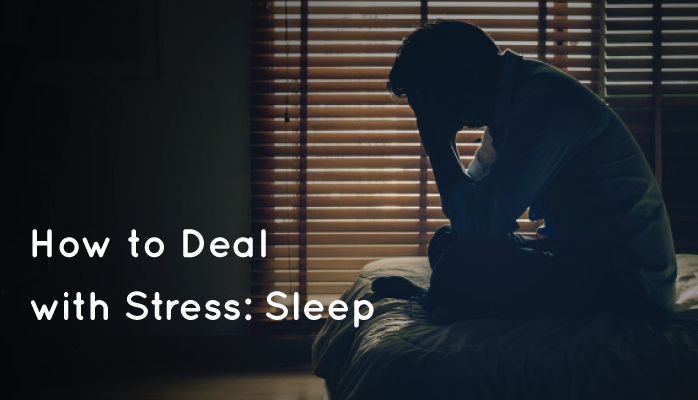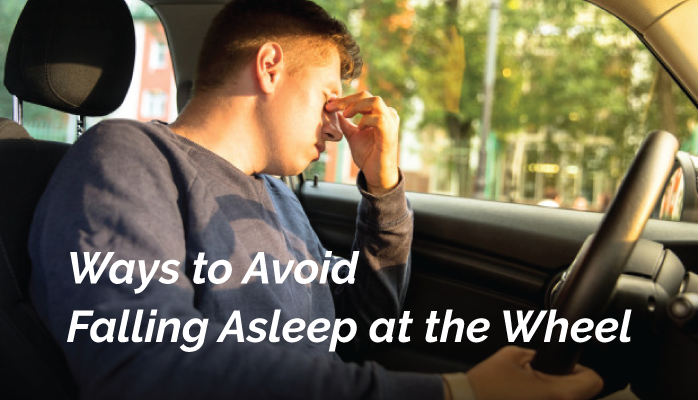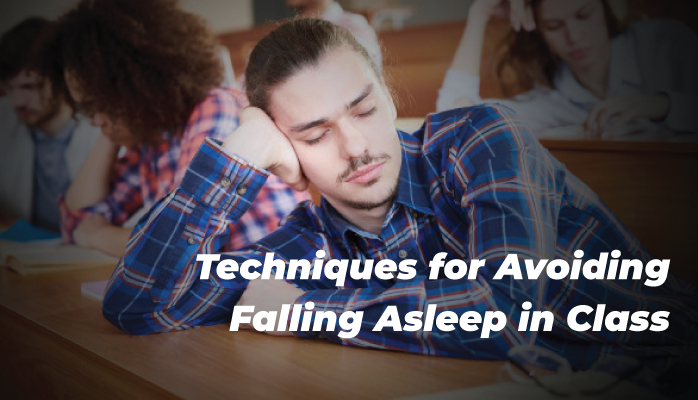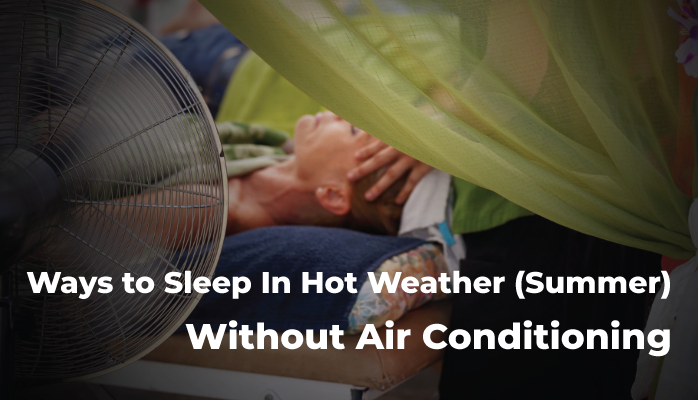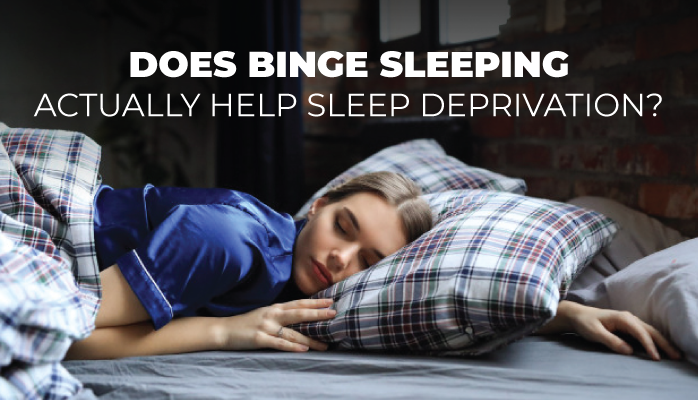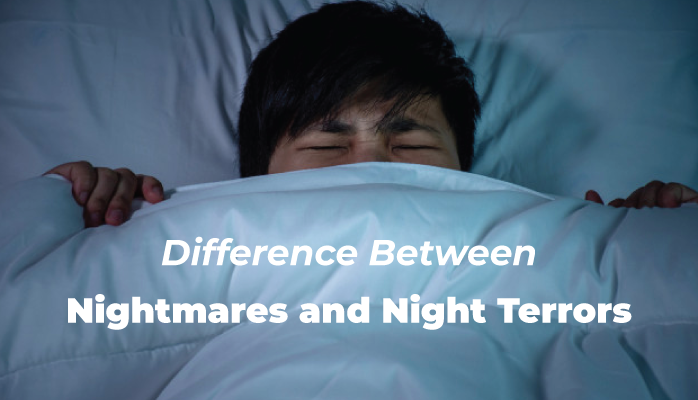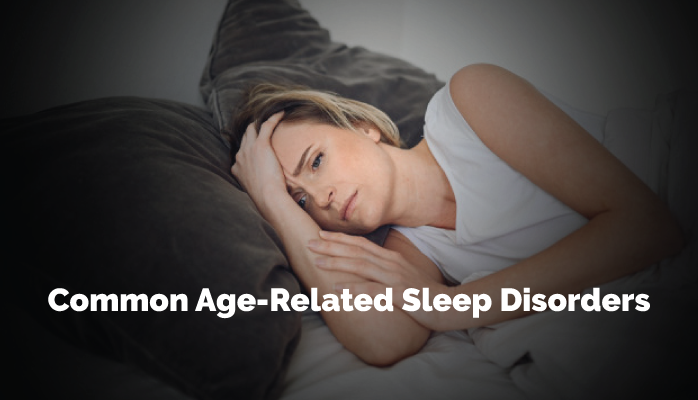What are the changes to sleep as we age?
As an adult, you should be averaging between 7-9 hours of sleep every day. These figures are extensively researched and you should be dubious when someone says that they can do fine with 5 hours of sleep.
The keyword here is 7-9 hours every day, not necessarily at night. People who sleep 4-5 hours at night will need to supplement their sleep with naps in order to get the necessary sleep. When you are younger, you likely had little trouble getting at least 7 hours of uninterrupted sleep every night. But your sleep pattern changes as you age, and after 65 years of age, the idea of getting 7 straight hours of sleep may sound impossible.
Generally speaking, as you get older, your sleep pattern changes in the following ways:
- You will likely sleep less than 7 hours at night
- Your sleep may feel less restful during the night
- You may be more inclined to nap
- The times that you go to bed and wake up will also likely change
While your pattern might change, your need for getting a certain amount of sleep won’t change. These changes happen for life reasons (stress, children, jobs), hormonal changes, and natural physiological changes that make you more susceptible to certain sleep disorders.

